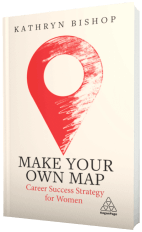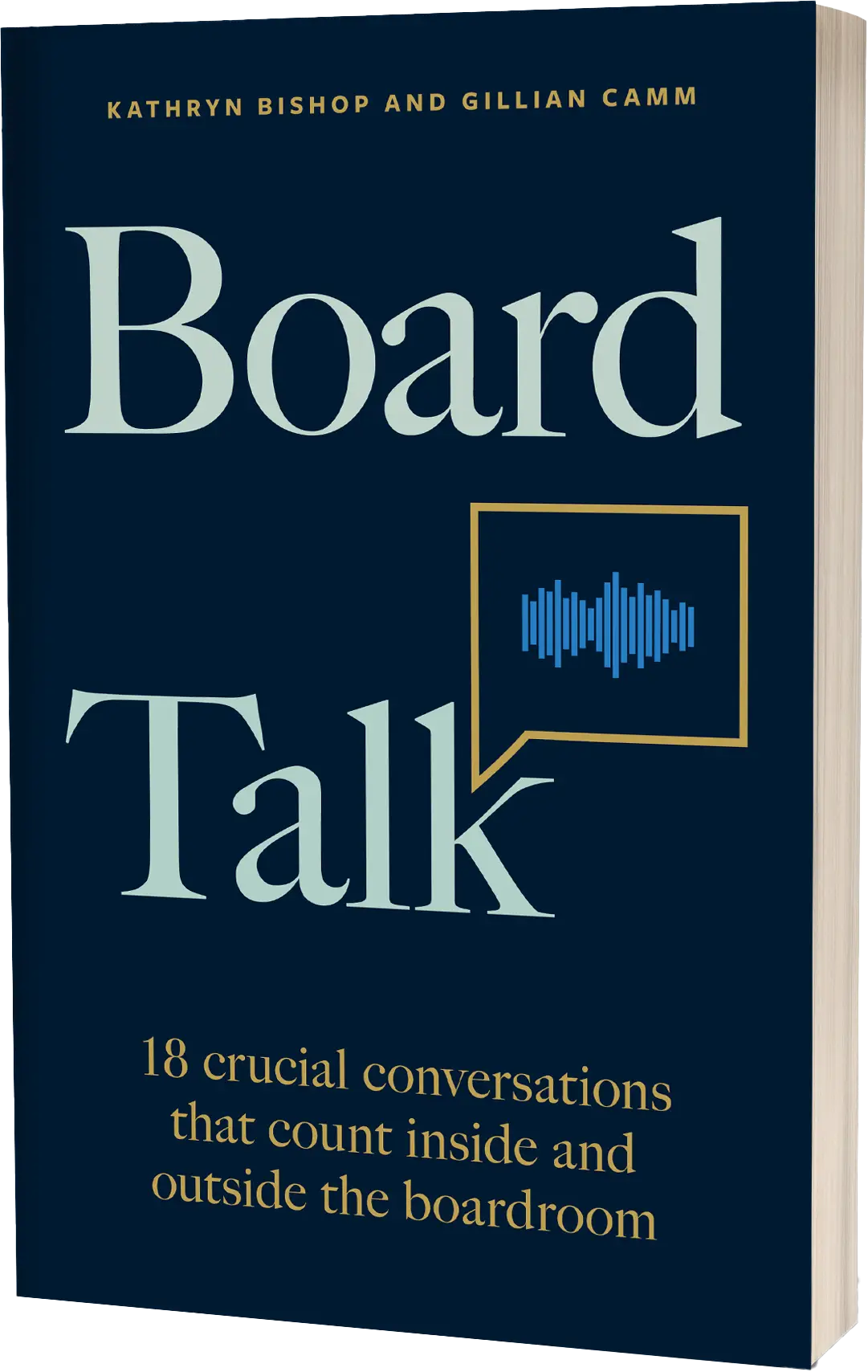I am in the Austrian Alps, trying to write another chapter of the book. I have a new working title – “Success from Eighteen to Eighty: A Woman’s Handbook for Career Strategy” and this new and longer title has made me rethink some of my views about success, handbooks and most importantly the word “career”.
There are those who say that “career” is an outdated concept that worked in the last century but doesn’t work now. They say that no-one has a career any more, or at least not anyone who is really paying attention to their working life rather than just drifting along staying in one place hoping to get promoted. The word “career” certainly does conjure up the idea of a carefully-planned linear progression from first job to retirement, in which each job leads smoothly to the next, each one better paid and more interesting than the previous one. That is – or was – quite an attractive idea.
But most people I know don’t have a working life which looks like this. For one thing, the level and rate of change inside organisations and markets means that many jobs have simply disappeared, or have been replaced by something the internet can do better or more cheaply.
In fact, we might use “career” in its alternative sense – careering from one precarious role to another, in search of something interesting and remunerative to do. And if you live in a country or work in a sector which has strong rates of economic growth, this kind of opportunistic approach to your working life might be sustainable for a while. But as we grow older, it will may well become less sustainable for a whole range of reasons. We may need more stability from our work in terms of income or location, or society may start to regard someone at our age as unsuitable for such work, over-qualified or insufficiently flexible. ( We know that’s not true, but that’s the view taken by potential employers sometimes.)
So I’ve been thinking about “careering” rather more than careers this week. Partly this is because I’ve been watching skiers of all ages “career” down slopes, some with grace and style, some with absolute focus, knees bent, racing for the next chair lift up to the top again. And there are some who just manage to avoid a spectacular fall as they ski around a mogul or a someone else who has fallen over. It is endlessly fascinating to sit in the sun with a glass of wine and watch the various ways people have of getting down the mountain successfully. The metaphor is particularly vivid as I watch a ski-instructor teach a group of beginners; he tells them to plant their uphill pole in the snow and then to use it to help them to change direction and traverse a scarily steep slope from one side of the piste to the other. And then they do it again.
This is actually precisely what working lives feel like now, I think. In order to avoid madly careering to the bottom with no control, we need to make some good decisions (”plant the pole”) and then change direction to travel at a more controllable speed, before making another change of direction when we get to the outer edge of the piste. You have to get good at making those decisions to change direction, and you have to recognise when you have got to the edge of the ski-able piste and make a change before you find yourself trying to ski in deep powder.
There are apparently all sorts of techniques which go with this planting the pole – some instructors apparently ask learners to say the word “turn” as they do this, as some sort of subliminal instruction. As the week progresses, the learners start to be able to make these changes of direction more easily, and more frequently and that allows them to move onto blue, or red runs, steeper slopes which demand more of the ski-er.
You can see where this metaphor is going: if we are better at managing career shifts, or job changes, we can successfully encounter more difficult markets, and stay successful even as we get older, when the piste is narrower and opportunities may be fewer.
And I think that has exhausted this particular metaphor.



